Zinc sulphate CAS#7733-02-0
Zinc sulphate CAS#7733-02-0 Promotion Season Now in Store and Free Sample for Testing with Factory Price
Chemical Name:Zinc sulphate
CAS No.:7733-02-0
Molecular Formula:ZnSO4
Molecular weight:161.45
Sample: Available
Mode of Transportation
1. By Air, fast but expensive.
2. By Sea, usual and economy.
3. By Train, suit for middle Asia countries.
4. By Express, suit for small package.
We only provide highest quality goods available, accompanied by after support!
Products Description of Zinc sulphate CAS#7733-02-0
Zinc sulfate (zincsulfate; ZnSO4), also known as alum, zinc alum, is colorless or white rhombic crystal or powder at room temperature, astringent, easily soluble in water, and its aqueous solution is acidic. It is slightly soluble in ethanol and glycerol. Pure zinc sulfate does not turn yellow when stored in the air for a long time, and loses water in dry air to become white powder. There are many hydrates: the stable hydrate that is in equilibrium with water in the range of 0-39℃ is zinc sulfate heptahydrate, in the range of 39-60℃ is zinc sulfate hexahydrate, and in the range of 60-100℃ is zinc sulfate monohydrate. When heated to 280℃, various hydrates completely lose crystal water, decompose into zinc oxysulfate at 680℃, further decompose above 750℃, and finally decompose into zinc oxide and sulfur trioxide at about 930℃. ZnSO4·7H2O and MSO4·7H2O (M=Mg,Fe,Mn,Co,Ni) form mixed crystals within a certain range.
Zinc sulphate Chemical Properties
Melting point | 100°C |
Boiling point | 105°C (estimate) |
density | 1.31 g/mL at 20 °C |
storage temp. | Store at +15°C to +25°C. |
solubility | H2O: soluble |
form | Liquid |
color | Colorless |
PH | 4.0±0.5 |
Water Solubility | Soluble |
λmax | λ: 260 nm Amax: <0.02 |
Merck | 14,10159 |
LogP | -1.031 (est) |
CAS DataBase Reference | 7733-02-0(CAS DataBase Reference) |
NIST Chemistry Reference | Zinc sulfate(7733-02-0) |
EPA Substance Registry System | Zinc sulfate (7733-02-0) |
Safety Information
Hazard Codes | Xn,N,Xi |
Risk Statements | 52/53-50/53-41-22-51/53 |
Safety Statements | 61-39-26-60 |
RIDADR | UN 3082 9/PG 3 |
WGK Germany | 3 |
RTECS | ZH5260000 |
TSCA | Yes |
HS Code | 2833 29 20 |
HazardClass | 9 |
PackingGroup | III |
Hazardous Substances Data | 7733-02-0(Hazardous Substances Data) |
Product Application of Zinc sulphate CAS#7733-02-0
Industry:
Zinc sulfate is the main raw material for making zinc barium white and zinc salts. It can also be used as a mordant for printing and dyeing, a preservative for wood and leather, and an important auxiliary raw material for producing viscose and vinylon fibers. In addition, it is also used in electroplating and electrolysis industries, and can also be used to make cables. Cooling water is the largest amount of water used in industry. The cooling water in the closed circulation cooling system cannot corrode and scale the metal, so it must be treated. This process is called water quality stabilization, and zinc sulfate is used as a water quality stabilizer.
Medicine:
Oral zinc sulfate can correct zinc deficiency and restore the function of the enzyme system. Zinc ions can precipitate proteins, have astringent and antiseptic effects when used externally, and can help granulation tissue form. Medicinal zinc sulfate is suitable for the treatment of enteropathic acrodermatitis, aphthous ulcers, chronic ulcers, conjunctivitis, etc. caused by zinc deficiency. However, using it together with penicillamine can weaken the latter's effect. Zinc sulfate monohydrate can be used as a zinc supplement in feed.
Agriculture: It can be used to prevent diseases in fruit tree nurseries. It is also a common fertilizer for supplementing crops with zinc trace element fertilizers. It can be used as base fertilizer, foliar fertilizer, etc. Zinc is one of the necessary nutrients for plants. Zinc deficiency in corn is prone to white seedlings. Severe zinc deficiency stops growth and even seedlings die. Especially for some sandy loam or fields with high pH values, zinc fertilizers such as zinc sulfate should be added. Adding zinc fertilizers can also increase production. Fertilization method: Take 0.04~0.06 kg of zinc fertilizer, add 1 kg of water, mix with 10 kg of seeds, pile and suffocate for 2~3 hours before sowing. Apply zinc fertilizer to the rhizosphere before sowing, 0.75~1 kg per mu. If the leaf color is light in the seedling stage, zinc fertilizer can be sprayed, with a dosage of 0.1 kg per mu.
Factory and Equipment Show
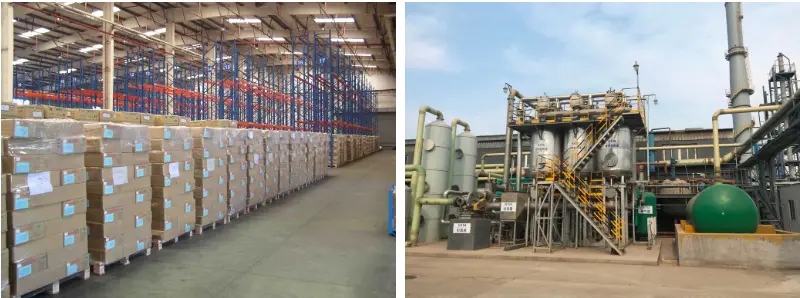
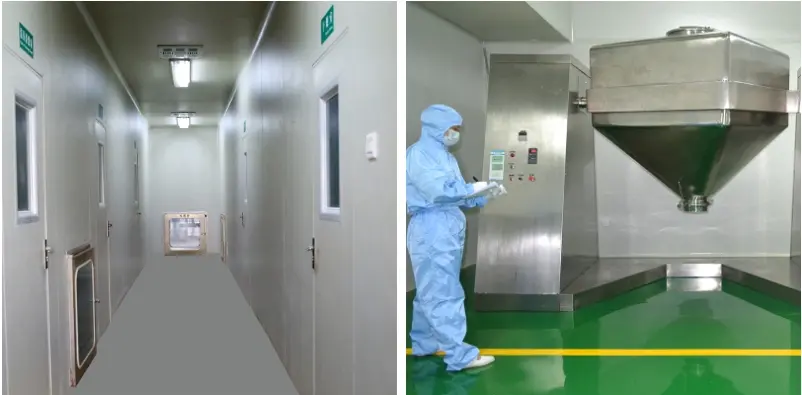
Fast delivery time
Inventory 2-3 working days New production 7-10 working days
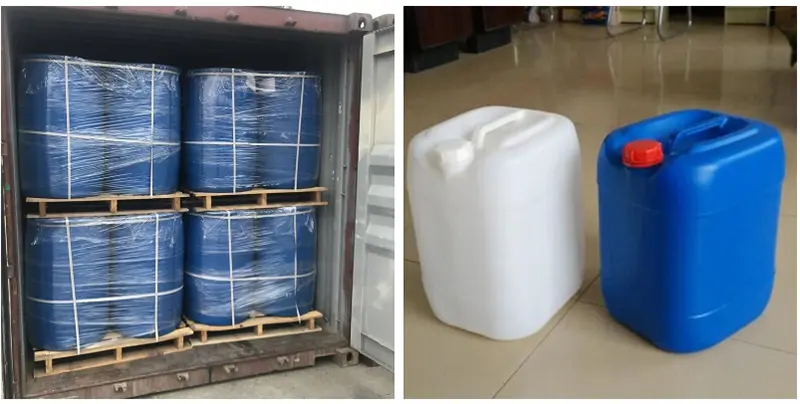




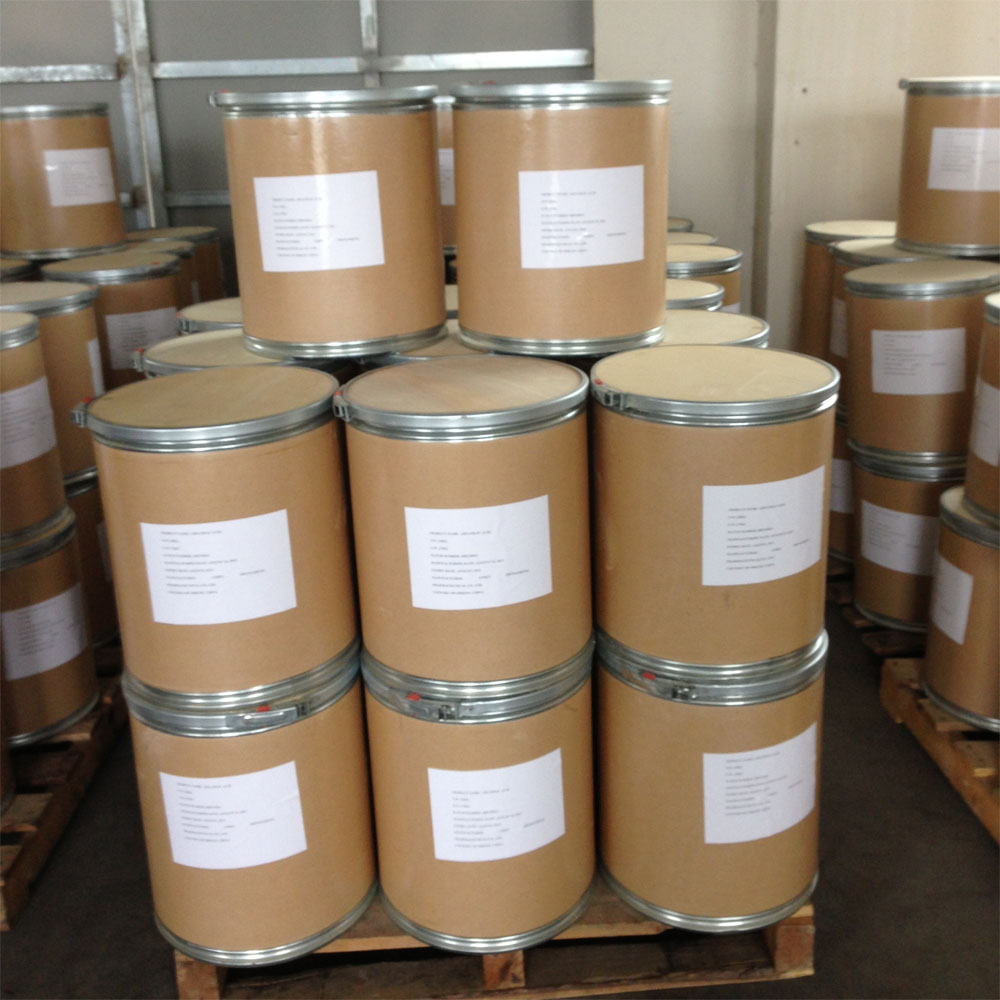
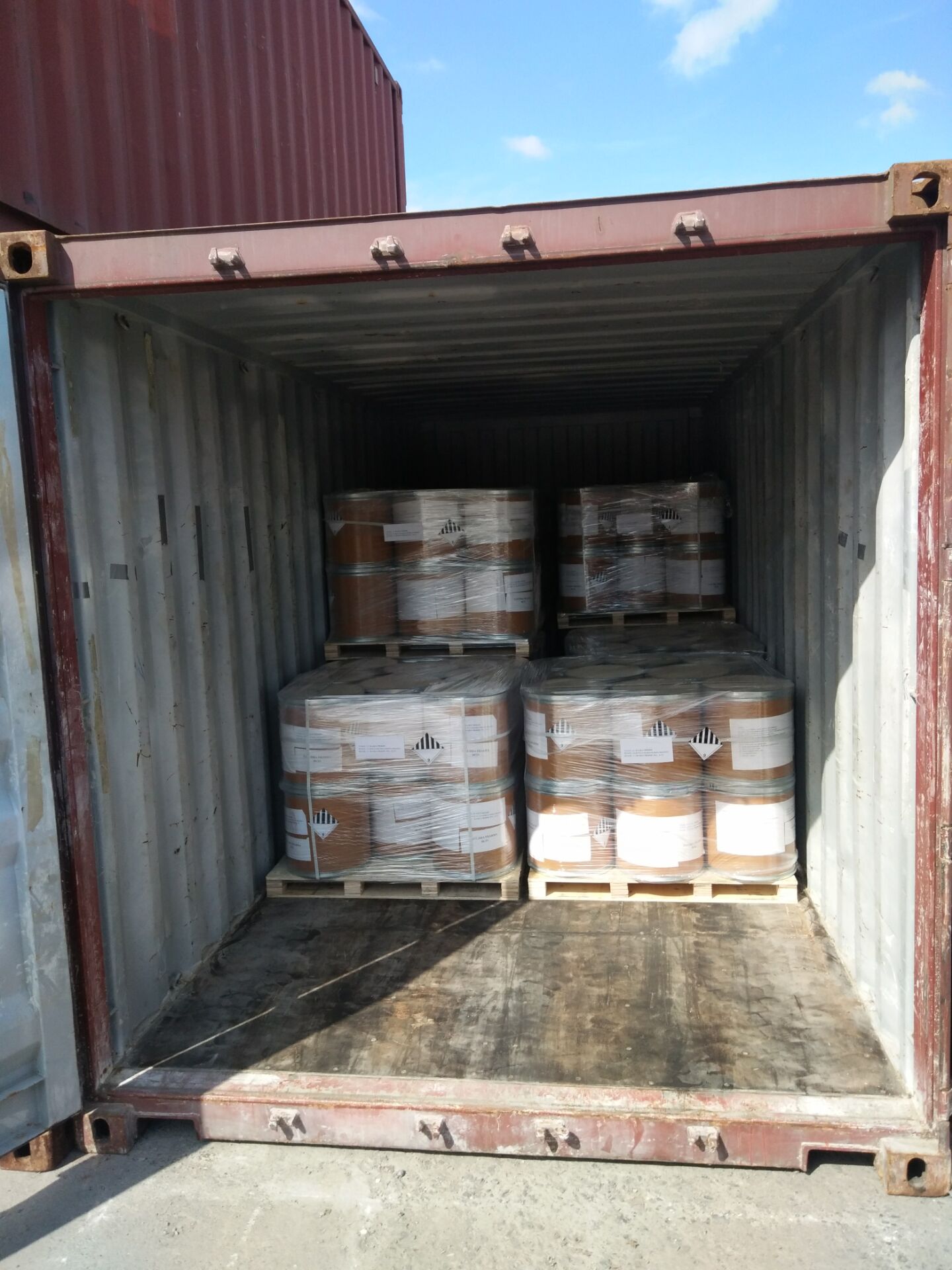
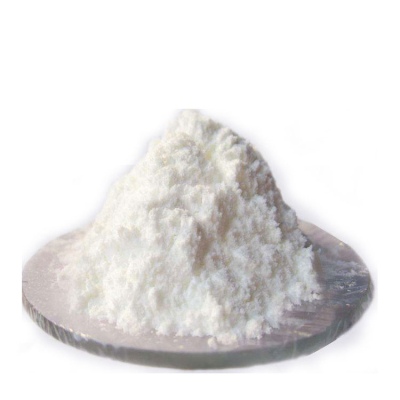
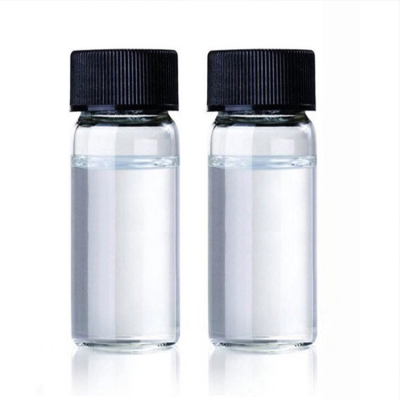
![[1,2,4]TRIAZOLO[1,5-A]PYRIMIDINE-2-CARBOXYLIC ACID CAS#202065-25-6](https://sdluxicdn.huazhi.cloud/cdn/ff/KdifoZ5Y0MHIOY8kOgkDSQB-Ogeme29EEdmGxSRT0ys/1717582769/public/styles/chanp/public/2024-06/photobank%20%282%29_1.jpg?itok=030Mj6jT)